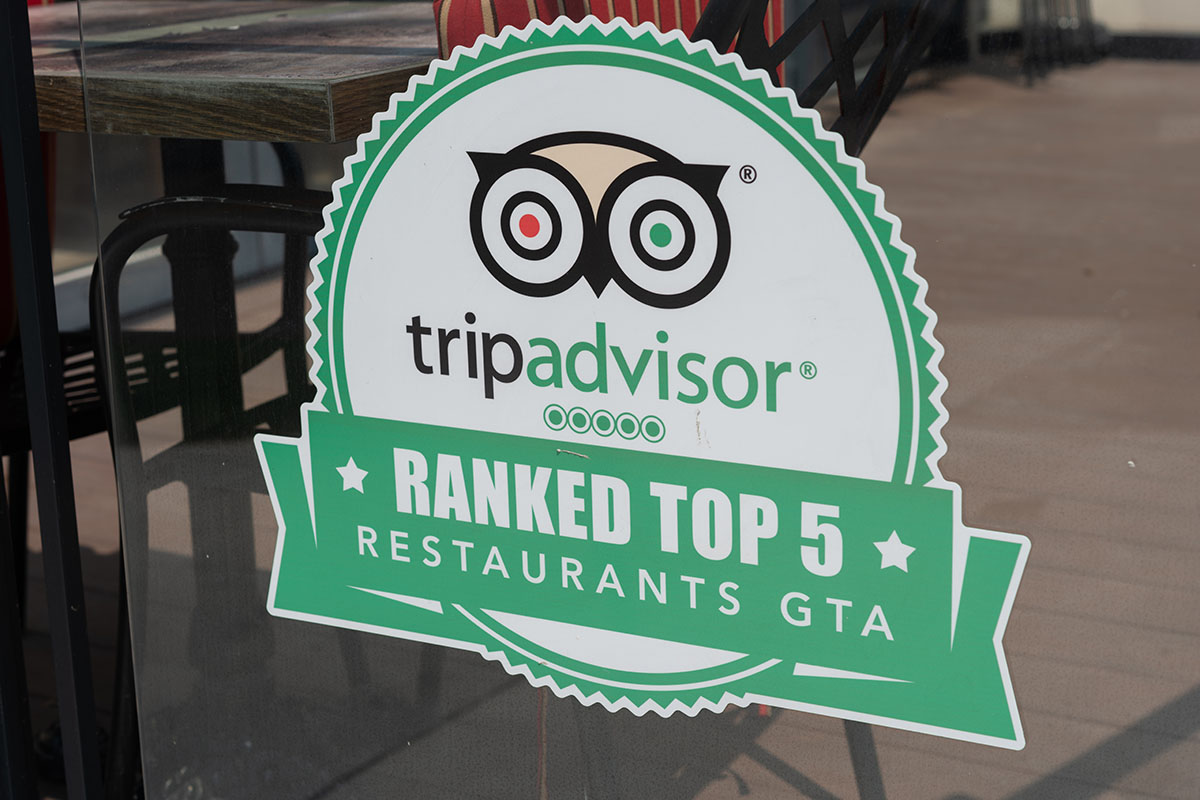Carnival Cruises Into a Better Earnings Season
Skift Take

Skift Daily Briefing Podcast
Listen to the day’s top travel stories in under four minutes every weekday.Good morning from Skift. It’s Monday, October 3. Here’s what you need to know about the business of travel today.
Listen Now
🎧 Subscribe
Apple Podcasts | Spotify | Youtube | RSS
Episode Notes
Corporate travel agencies have been booking trips to Hong Kong in large numbers after it recently lifted its mandatory hotel quarantine. Those companies are also seeing the cost of business travel to Hong Kong continue to rise, reports Corporate Travel Editor Matthew Parsons.
While airfares decreased in most markets in 2020 and 2021, Parsons writes corporate travel agency CWT saw the opposite occur in Hong Kong as well as Singapore. Akshay Kapoor, CWT’s Asia-Pacific head of sales, said the agency doesn’t believe the factors causing the jump in airfares and hotel rates will go away in the near future. Airfares in Hong Kong are expected to increase 24 percent this year and 4 percent in 2023.
Meanwhile, Parsons adds the rising business travel costs should have companies already preparing for China to significantly ease travel curbs. Kapoor predicts corporate travel demand for China will increase substantially once the country lifts quarantine requirements for international travelers.
Next, Carnival Corporation reported a surge in third quarter bookings during its earnings call on Friday, which the cruise line attributed to the easing of its Covid protocols, writes Global Tourism Reporter Dawit Habtemariam.
Carnival CEO Josh Weinstein said the company recorded more bookings in the third quarter than it did during the same period in 2019. The cruise line also saw its onboard revenue increase significantly from pre-pandemic levels. Carnival announced in August that vaccinated passengers no longer had to test negative to board while unvaccinated passengers would be allowed to board with a negative Covid test.
But despite an 80 percent increase in revenue from the second quarter, Carnival lost nearly $700 million during the third quarter.
Finally, Traveloka, Indonesia’s leading online travel agency, has received an enormous boost in its push to create more digital products. The company has secured $300 million worth of fresh funding, reports Asia Editor Peden Doma Bhutia.
The Indonesia Investment Authority — as well as global financial institutions such as BlackRock and Allianz Global Investors — led the financing round. Traveloka had been looking to raise over $200 million, having previously raised $1.2 billion in funding over six rounds. Online travel agencies in Indonesia are expected to see their share of tourism bookings in the country increase, Bhutia writes.
Traveloka Chief Marketing Officer Shirley Lesmana said, while speaking recently at Skift Global Forum in New York, that the pandemic accelerated the need for it to create more digital products. She added that Traveloka has been working to improve its infrastructure for making payments.





